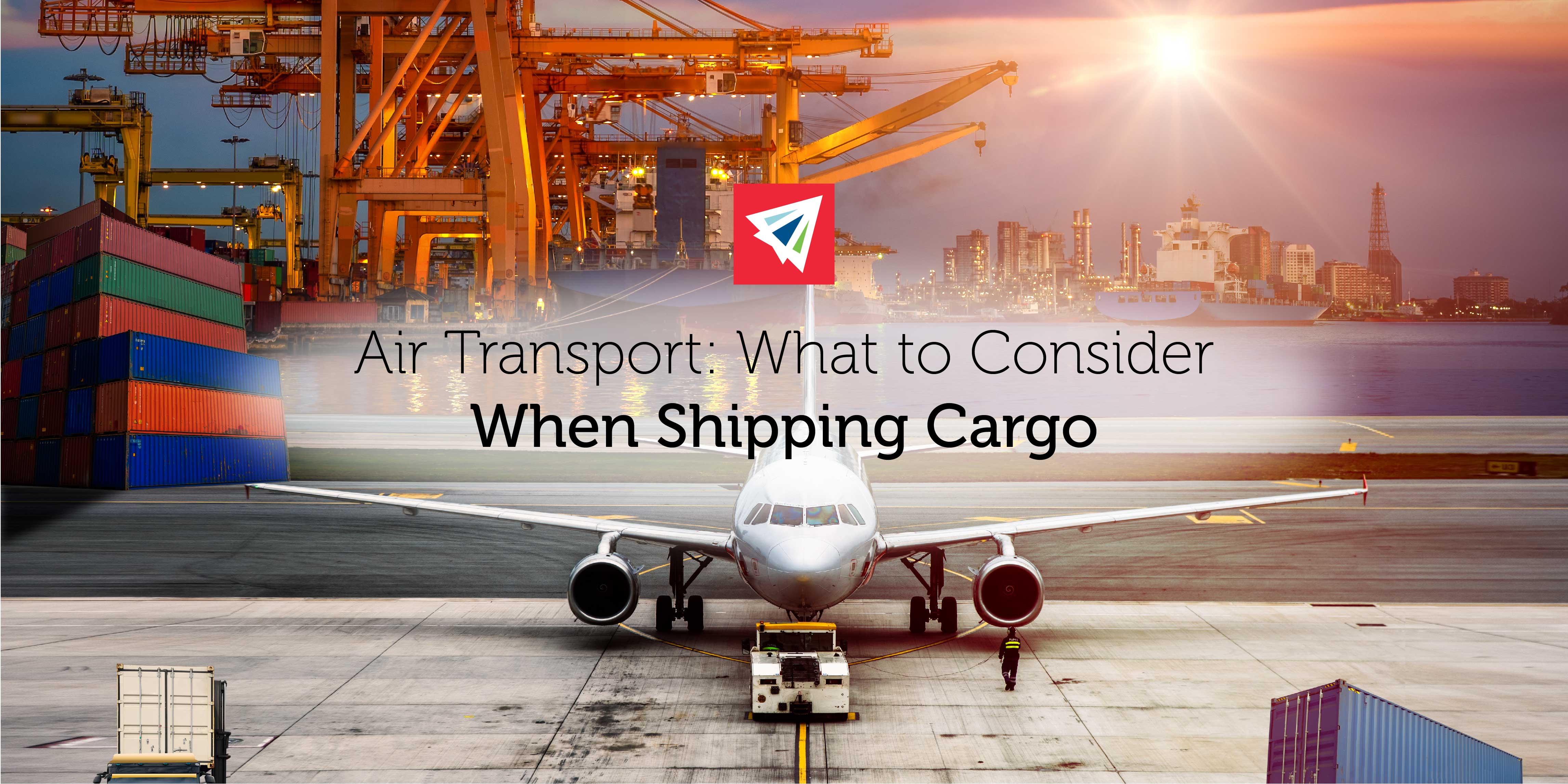By now, you probably know the advantages of using air transport to ship goods. You can literally fly cargo to all corners of the world in a matter of days, providing both speed and flexibility. You don’t need to wait weeks to transport the goods to their destination if something gets missed. It can go out that day. Being a TSA Known Shipper can offer even more flexibility for your shipments.
Air Transport Benefits
Here are a few of the basic benefits to transporting via air:
Safety
With this greater speed comes greater safety. After all, the less time your goods are in transit, the less likely something will go wrong, and we all know what happens when something goes awry: goods get damaged. What’s more, there’s usually less handling involved with air transport. Fewer hands mean fewer chances for your goods to get damaged.
Speed
Air is by far the quickest way to transport your cargo – internationally or domestically. Although you’ll pay for the speedy trip, air transport is a fantastic solution for companies who need to move their products overnight.
Drawbacks of Air Transport:
But for all the advantages of shipping goods by air, it does come with a few drawbacks. Keep the following in mind when choosing air transport:
Expense
Air transport is often one of the most expensive shipping options, largely due to the cost of fuel. But ongoing aircraft maintenance and staff payroll also play a role in this costly service. While shipping by air comes at a hefty price, the expense is well worth it when you need to get goods to a customer fast. Any volatility and fluctuations in rates may be due to more serious issues.
Shipping Restrictions
Limited amount of space on aircrafts means goods can be subject to size and weight limits. An oddly shaped or heavy package may not meet the regulatory guidelines for transport, and you’re left looking at other options. If you need to move a large volume shipment, you may want to consider another mode more suited to its size.
Delays
No mode of transport is immune from delays, but air transport is most dependent on the elements. If inclement weather hits, airports do tend to shut down service, causing unexpected delays to shipments. And in some parts of the world, hurricanes can wreak havoc on shipping schedules — a problem for importers. However, there are ways to avoid importing delays at customs.
For most companies, the speed and flexibility of air transport often outweigh the expense and risk of delays. If you’d like to learn more about this shipping option, the team at Interlog USA is more than happy to answer any questions.

I was a known shipper at one time. I am teetering transport field.